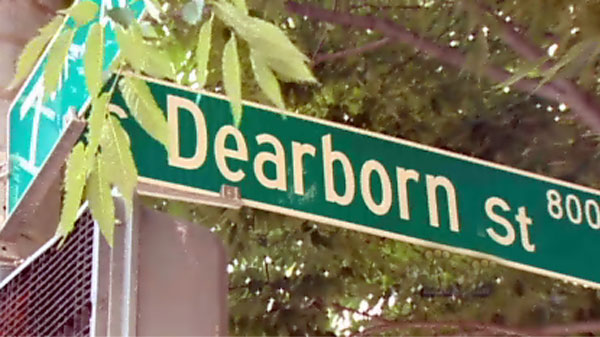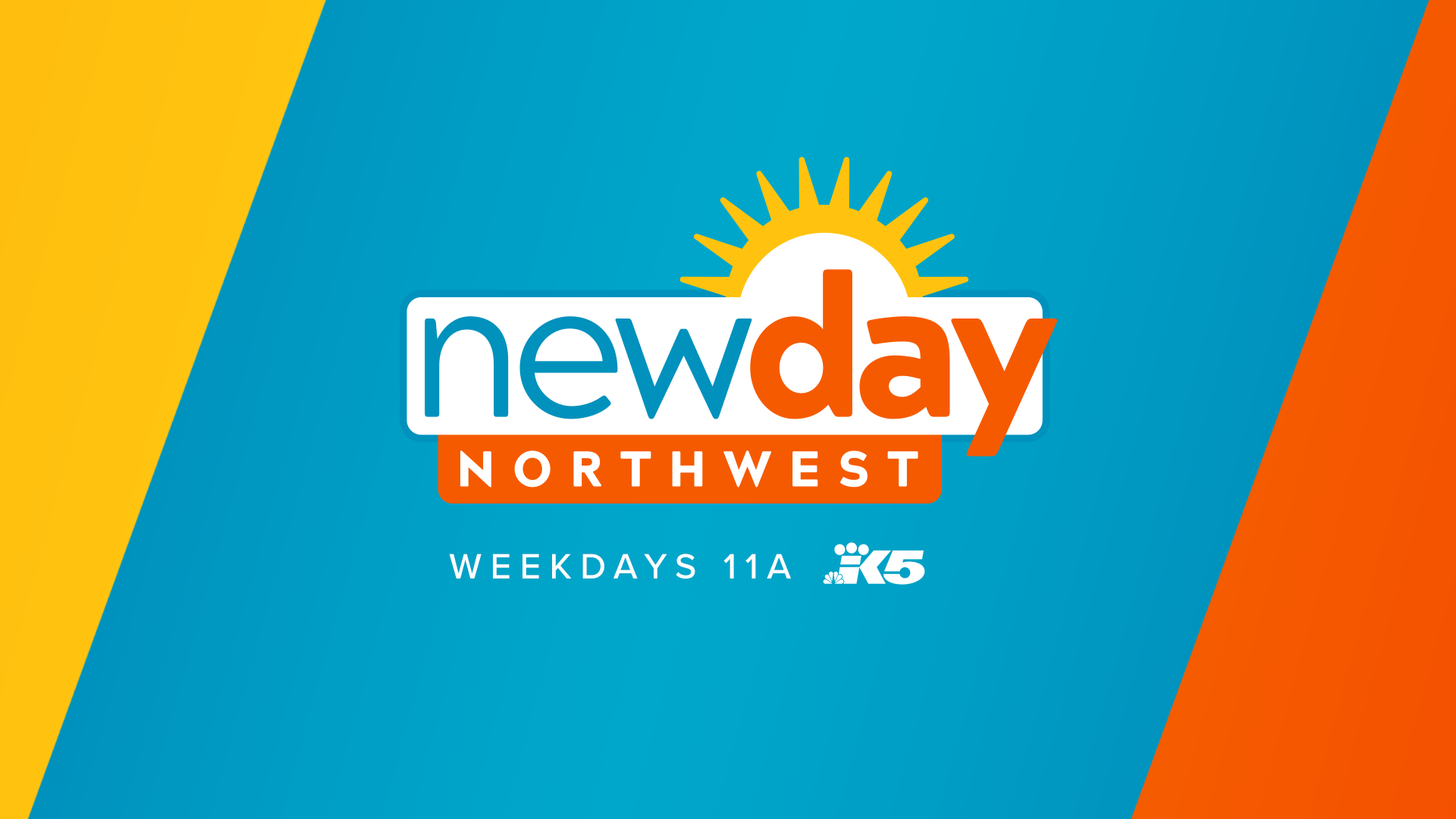SEATTLE -- It's safe to say there are few, if any Seattlites, alive today who remember when Dearborn Street was anything other than Dearborn Street.
There is no Mikado Street asI can remember, said Sat Ichikawa, who said he's been in Seattle since the 1930's.
But historians and city maps say otherwise.
As far back as 1891, Dearborn Street -- which ran only between 8th and 12th Streets -- went by the name Mikado Street, after the Japanese word for emperor. The street ran along the south side of what's now Seattle's International District.
First time I've heard about it, said Ichikawa when asked by KING-5.
Back then, and for decades after, settlers called the area Nihonmachi, or Japan-town, because of the burgeoning Japanese immigrant population.
I'm saying, hey, bring it back, let's remember that this used to be Nihonmachi, said author Neil Low.
Low is a veteran Seattle Police captain who also has published several historical fiction books based the city's Pioneer Square and International District.
He's also behind a push tochange one of the city's oldest streets back to the name it had more than a century ago as a cultural tribute to Seattle's Japanese heritage.
According to the Historic Seattle Preservation Foundation, Henry Dearborn was a developer who played a major role in Seattle's growth in the late 1800's and early 1900's.
City ordinance 4044,enacted Dec. 23, 1895, changed Mikado to Dearborn as part of a city-wide plan to standardize street names in a booming urban area.
Section 276 of the bill stated, That the names of Alaska Street, Mikado Street, Modjeska Street, Cullen Street, Florence Street and Duke Street, from Elliott Bay to Lake Washington, be and the same are changed to Dearborn Street.
Low said he's already written letters to two city council members, hoping they will takeup his cause.When asked how much of the street he'd like renamed, Low said at the least he wants the area along the I.D. to reclaim its former identity.
If you rename the street, you honor what was here before, he said.
The key now is if he finds the support.
I don't think it would really make any differenceto me, Ichikawa said.
Lifelong Washington resident James Doi said some might consider Mikado more Japanese and less Japanese-American.
The term 'mikado' is rarely understood by us, said Doi, referring tosecond- and third-generationJapanese Americans.
Added Doi, laughing: I'm not even sure where Dearborn is!


